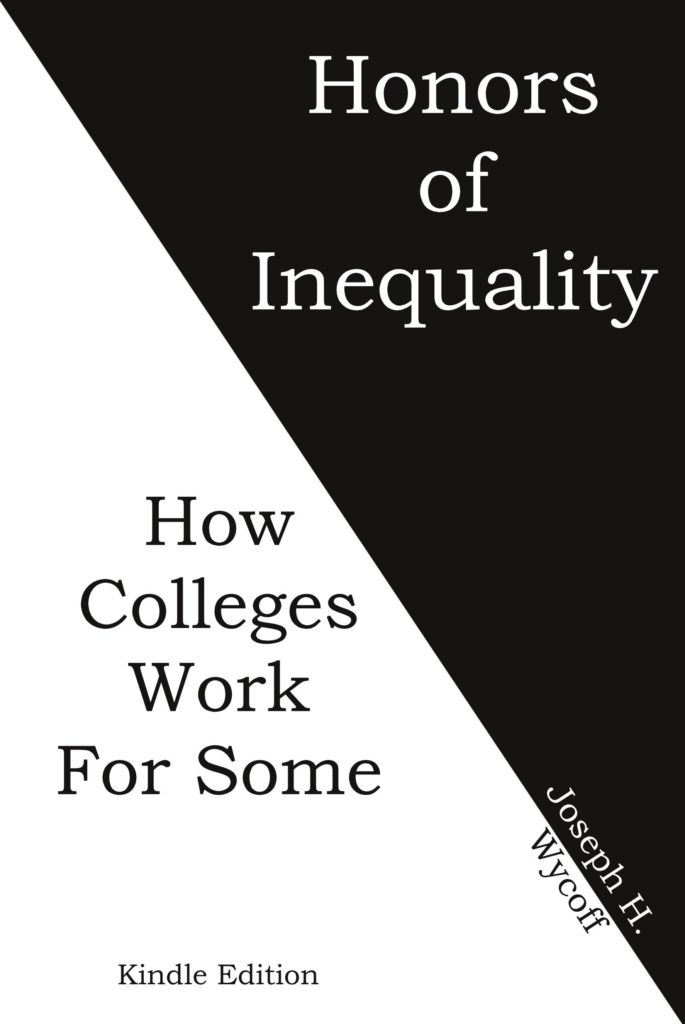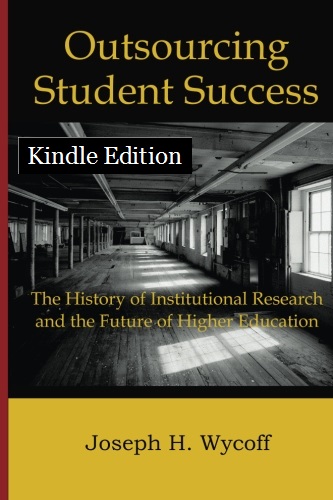| International |
Diversity among governors ‘may suffer’ under increased regulation | Attempts to improve diversity on the governing bodies of England’s universities could falter as institutions become more risk-averse because of increased scrutiny from regulators, it has been warned. The concern comes as new figures show that although women now make up about 40 per cent of governing body members, the share from minority ethnic backgrounds is estimated to be less than 8 per cent, with many of those being student governors. There is also wide variation among universities in terms of female members, with several still having less than a third women on their governing body and only a quarter with a female chair.
HRD Minister launches five documents developed by UGC | Human Resource Development Minister Ramesh Pokhriyal Nishank launched the five documents developed by University Grants Commission, UGC covering the 5 verticals of Quality Mandate in New Delhi today. These five documents cover evaluation reforms, eco-friendly and sustainable university campuses, human values and professional ethics, faculty induction and academic research integrity.
| U.S. National |
Warren V. Buttigieg: The Free College Debate | The Buttigieg campaign uses the message that we shouldn’t pay for millionaires and billionaires to attend higher education. Lis Smith, Buttigieg’s senior communications advisor, has leaned into this message on Twitter. In one tweet, she said, “he won’t ask Americans who don’t go to college to subsidize it for the children of millionaires and billionaires.” Both messages imply that other candidates would make lower- and middle-income people pay for millionaires and billionaires, but that isn’t really accurate. Warren pays for her plan with a wealth tax on millionaires and billionaires.
| U.S. States and Territories |
Best of 2019: A crisis in confidence in the Board of Regents (This Viewpoint was originally published in CT Mirror on April 25, 2019.) | In the last two months, 11 academic senates or faculty and staff governing bodies have voted to endorse an online petition opposing the BOR’s plan for the consolidation of Connecticut’s community colleges — or have passed their own statement opposing consolidation…Readers should understand this for what it is: faculty and staff from across the state attempting to speak out—in the only way remaining to them—against a plan that they find deeply flawed and dangerous for students and the state.
Statesman Editorial: Tuition freeze is higher ed’s double whammy | Last week’s announcement that Idaho is freezing college and university tuition for in-state undergraduate students at Idaho’s four-year institutions is good news for students. But the decision to forgo that revenue comes at a time when the University of Idaho is already facing a $14 million shortfall that could climb to $22 million over the next couple of years. In addition, Idaho Gov. Brad Little has ordered colleges and universities to cut spending by 1 percent this budget year and 2 percent the following year in the wake of weakening state revenues.
Report spotlights a grim corner of sobering student debt crisis | Overall, the level of student debt in the nation stands at $1.5 trillion, and $43 billion in New Jersey alone, according to the report. That’s an average of about $38,000 a person in the state. New Jersey has taken steps to address the crisis, recently requiring that schools create a “shopping sheet” that details costs, loan options and estimated debt levels. Another law regulates the companies that service student loans. And in 2020, a student loan ombudsman will be in place to help students understand their rights and responsibilities.
Oklahoma’s state system of higher education among most affordable in nation: Glen D. Johnson (Oklahoma chancellor for higher education) | In reviewing Oklahoma’s higher education story, it’s important to note that although we have faced substantial budget challenges, the state regents and our public colleges and universities have continued to keep tuition affordable for Oklahoma families. In stark contrast to the double-digit tuition increases in many other states, tuition and mandatory fees for in-state undergraduate students in Oklahoma increased an average of only 2.5% statewide for the 2019-20 academic year. Looking back over the last decade, tuition and mandatory fee increases at our public colleges and universities have averaged less than 5% annually.
Funding higher education | A news release explained some of the money will also be going toward “accelerating progress toward the goal of 60% of working-age Kentuckians with a college-level certificate or degree by 2030.” Thompson said he believes this goal is important because, in his opinion, in order to have a good economic development and workforce system, there must be a good education system in place. He went on to explain that higher education has been cut in Kentucky for the past 11 years. “Since 2007-08, public institutions have been cut 21% in state general fund appropriations and have experienced mandated pension increases,” according to the news release. Thompson hopes that legislation will see that “you can’t keep cutting the solution and funding the problem.”
| Institutional |
Freezing tuition, fees lands Lander its highest total enrollment ever | Lander University is ending the year with its highest total enrollment in the school’s 147 years of existence…Trustees approved to lower and lock in the $10,700 annual tuition and $500 per semester general fee costs ahead of the 2016-17 school year. The board approved freezing tuition and fees again for the 2020-21 school year, the third consecutive year in doing so.


